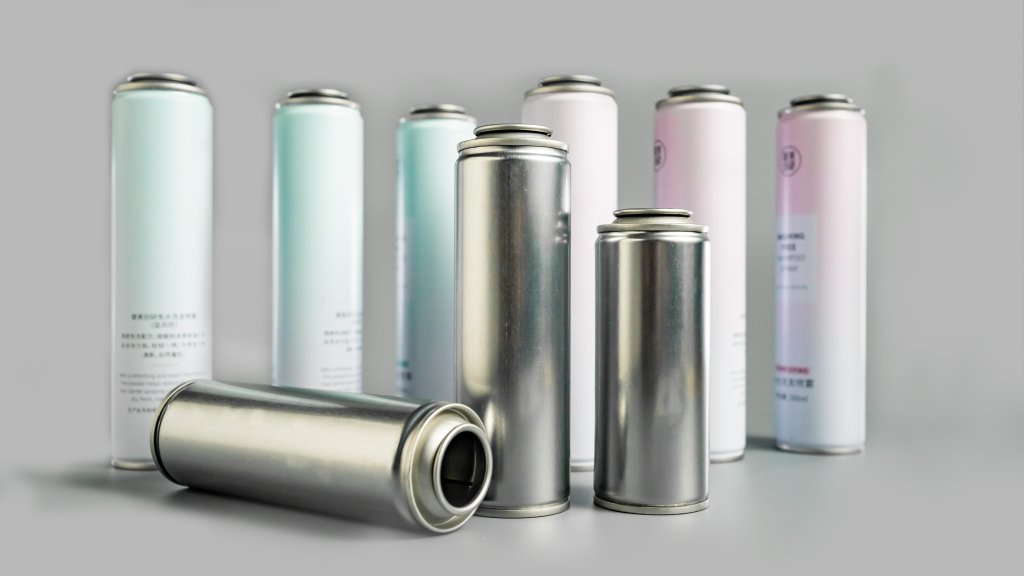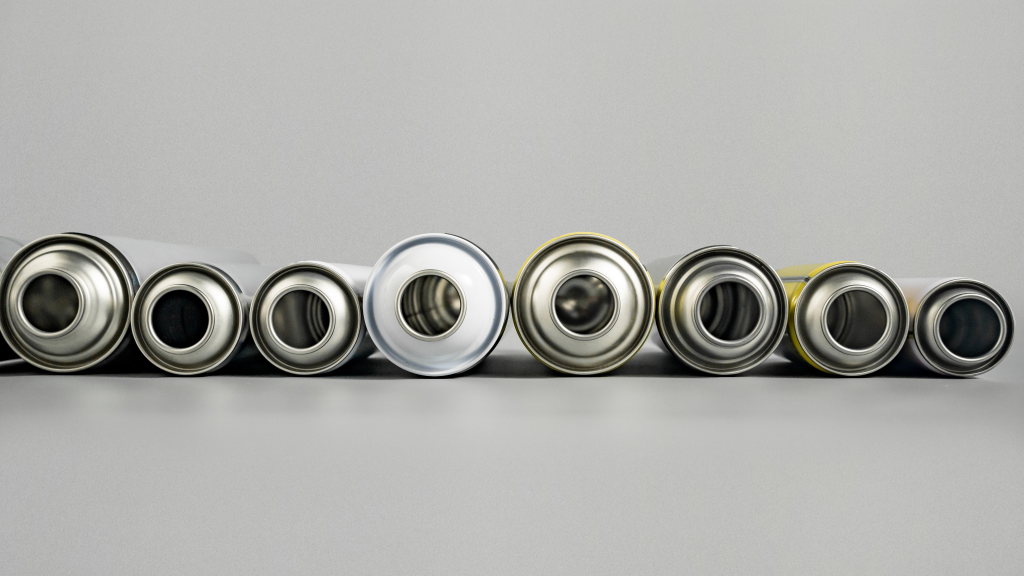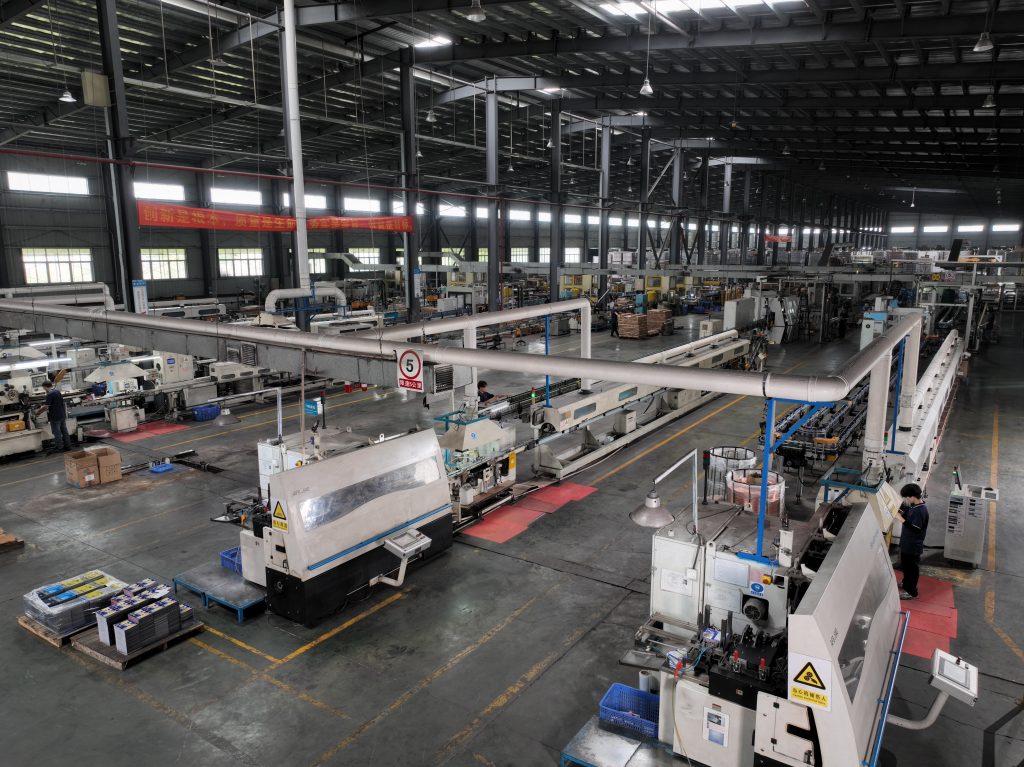
1. Why Poor Quality Ruins Business?
The global aerosol container market reached $302.5 million in 2025, but a cosmetics factory once scrapped an entire batch of sunscreen sprays due to leaking tinplate cans—root cause lies in sealing precision and gasket compatibility. These two technical checkpoints directly determine customer retention for custom tinplate can manufacturers.
2. Sealing Control: The “Leak-Proof Line” of Millimeter Precision
What is the Sealing Process?
It uses 6 or 8 valve-sealing claws to radially expand the inner wall of the valve cup, fixing the valve tightly on the 1-inch diameter tinplate can mouth. A qualified seal forms an annular groove inside the cup, locking onto the can mouth like a “buckle”.
4 Golden Standards for Effective Sealing
- Tight iron-to-iron contact between sealing cup and can mouth
- No can mouth deformation (mandated by GB13042-2008 standard)
- Uniform gasket pressure on can mouth top
- No bubbles for 1 minute under 0.8MPa water bath test
2025 Updated Sealing Parameter Calculation
| Factor | Tinplate-Specific Value | Note |
|---|---|---|
| Sealing cup thickness (A) | 0.28mm±0.01mm | Higher precision vs 2023 |
| Cut gasket thickness (B) | 0.68mm (compressed) | For high-seal needs |
| Can contact height (C) | 4.0-4.4mm | Measured per custom can |
| Sealing height (D=A+B+C) | 5.24mm±0.08mm | Leakage risk if error >0.1mm |
| Recommended sealing diameter | 27.15mm±0.08mm | Matches tinplate expansion limit |
Example: For a custom medical can with C=4.3mm, D=0.28+0.68+4.3=5.26mm (error ≤0.05mm passes pressure test).

3. Gasket Selection: The “Invisible Seal Guard”
Gaskets act as the “heart valve”—sealing valve stem pores when closed, maintaining airtightness when expanded during spraying. Halogenated butyl rubber gaskets, popular in 2025 medical cans, offer 40% better sealing than traditional materials.
Gasket Material Selection Guide
| Material Type | Suitable Medium | Expansion Range | Application |
|---|---|---|---|
| Halogenated butyl rubber | Medical solvents, corrosive liquids | 8%-12% | Asthma sprays, disinfectants |
| Nitrile rubber | Oil, lubricants | 6%-14% | Mechanical cleaners |
| Neoprene | Seawater, weak acids/bases | 5%-13% | Outdoor rust inhibitors |
4. 3 FAQs from Industry Insiders
Q: Why must sealing diameter error be ≤0.08mm?A: Exceeding limits causes cup cracking and continuous bubbles in water tests (one client saw 30% return rate due to this).
Q: What happens if gasket expansion is too high?A: Over 15% leads to stuck valve stems; below 5% causes >10% content evaporation in 3 months.
Q: How to quickly test custom can tightness?A: Use MFY-07S water bath tester at 0.85MPa—no bubbles = compliance with GB/T 14449-2017.
5. Custom Quality: Details Determine Success
As a professional tinplate can customizer, we conduct 3 inspections per batch: laser measurement of sealing parameters, gasket expansion tests, and pressure burst tests. From cosmetics to medical packaging, we safeguard customer reputation with millimeter-level precision.


